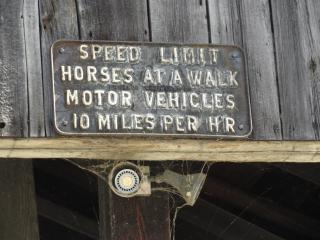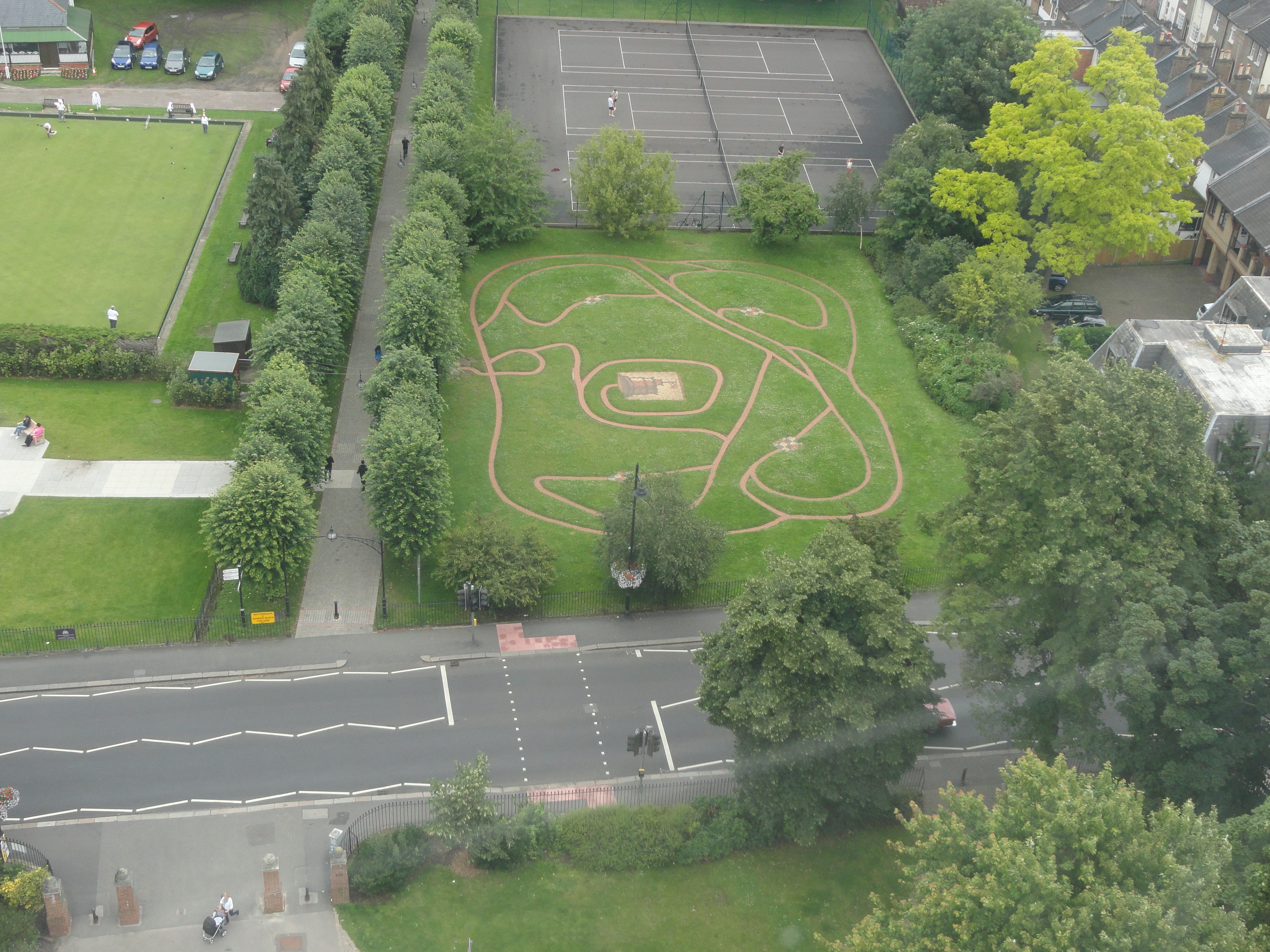webpage connections: Phonics or Spelling
photo by Kirby Dodd
__

It seems to me that "phonics" essentially serves the purpose of "teaching" a child to read before he's ready and fully grasps context and meaning. I know that I can read Spanish, which is a much more consistently phonetic language than English, complete with accent and everything, and literally not understand one bit of what I'm saying.I remember being tested separately for "reading" and reading comprehension. If one can't understand the words and phrases, then isn't it just decoding with an internalized phonics decoder ring?



 |
If you can keep that up for eighteen years, you've got unschooling!



Watch your thoughts, because without doing that you can't really learn to choose better reactions.
Play lightly with these ideas. There's no advantage to getting huffy or angry about it. Just see it as the reality it is. People learn. People change their minds. Knowledge grows. Evidence is reclassified. Language is alive. People who are alive are changing and learning. You can resist that or you can ride it with gusto.
Learning does not teach us, but from learning we learn.I still haven't found her source, but in looking I found its "wordier" cousin posted here in 2011:






If you can keep that up for eighteen years, you've got unschooling!




"There's so much comedy on television. Does that cause comedy in the streets?"
—Dick Cavett